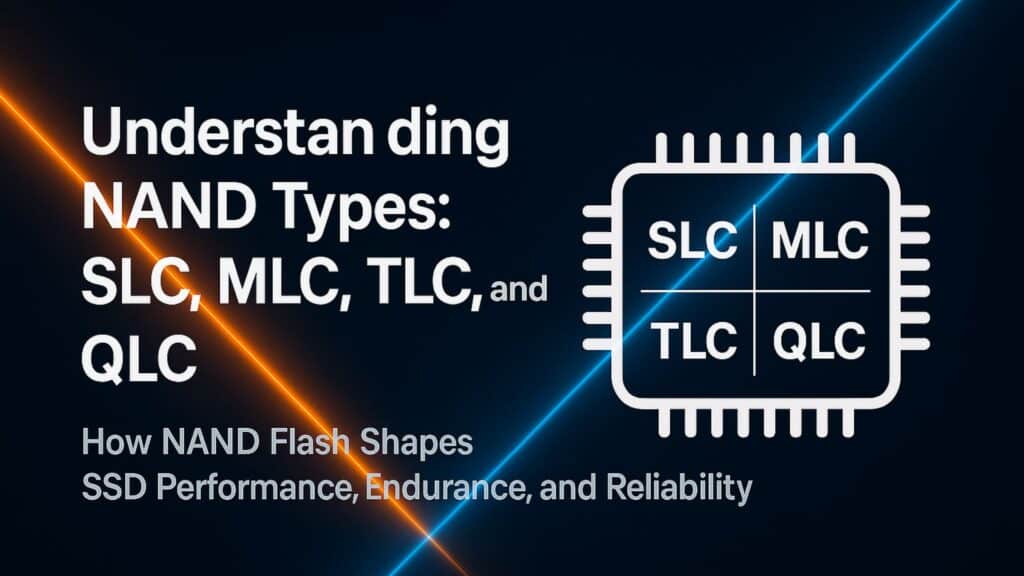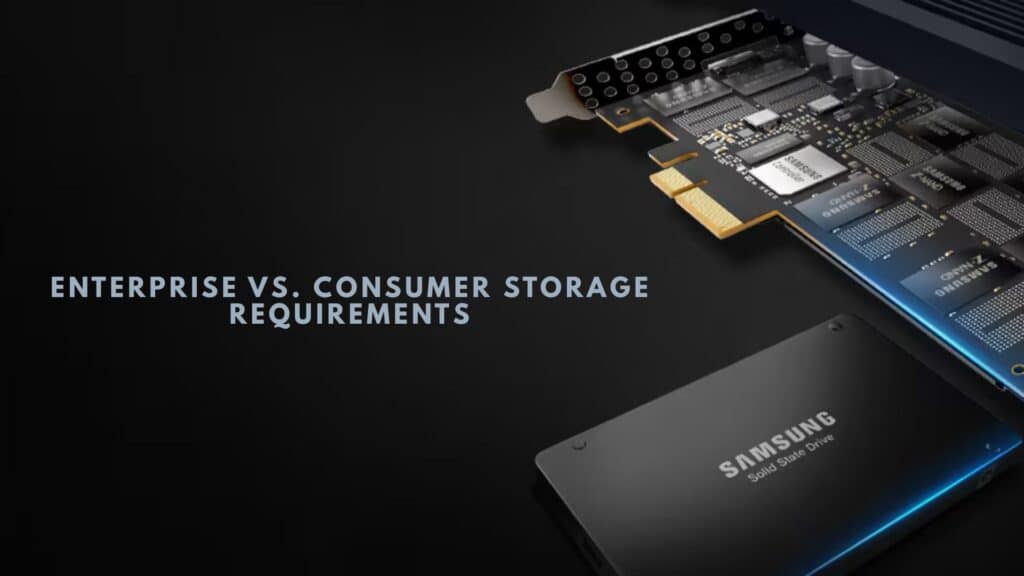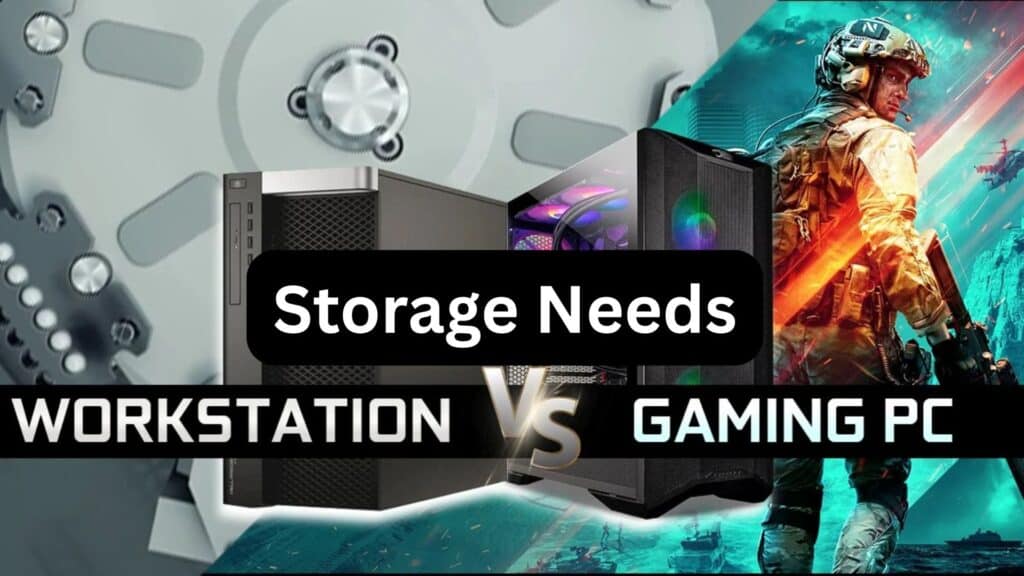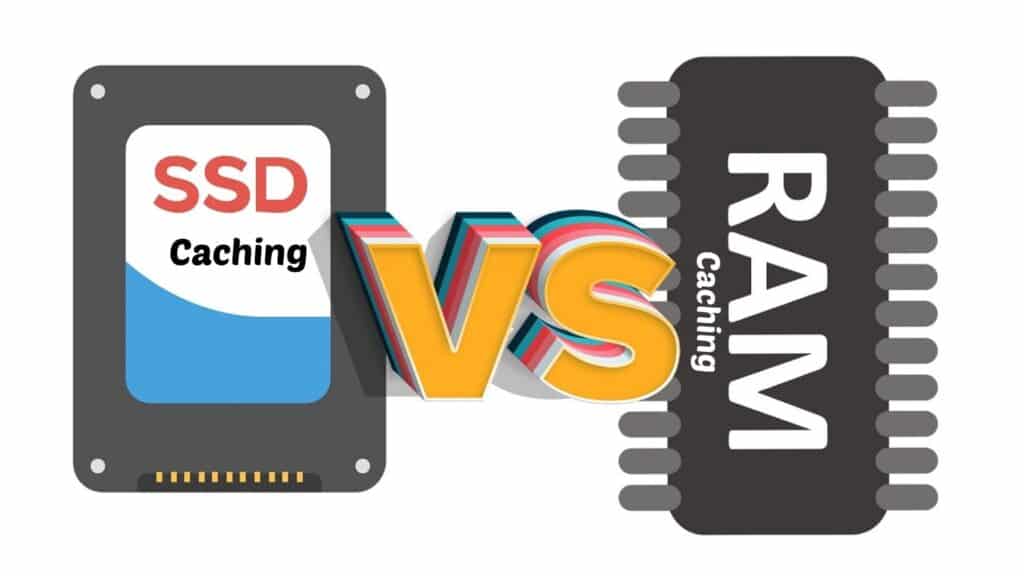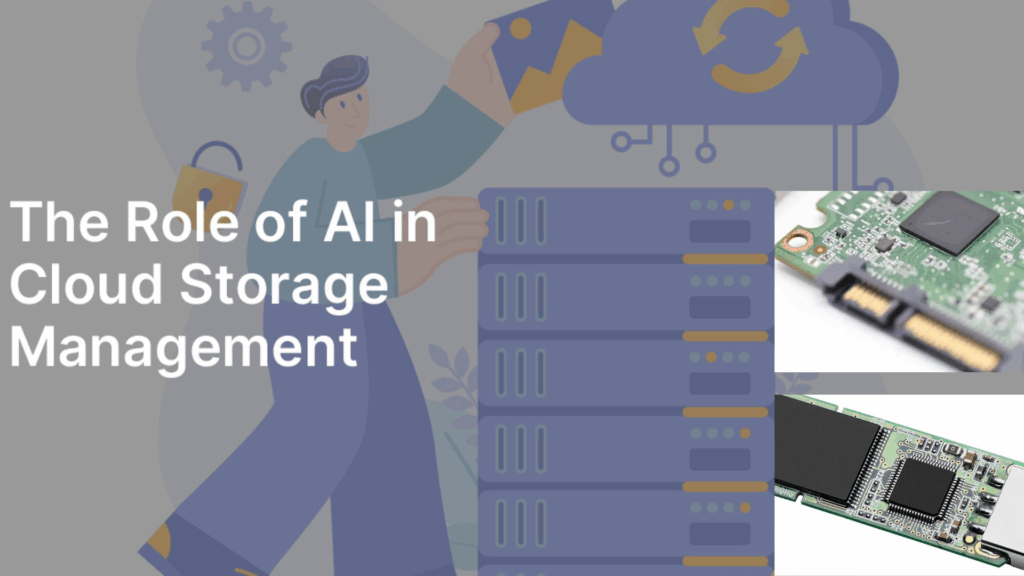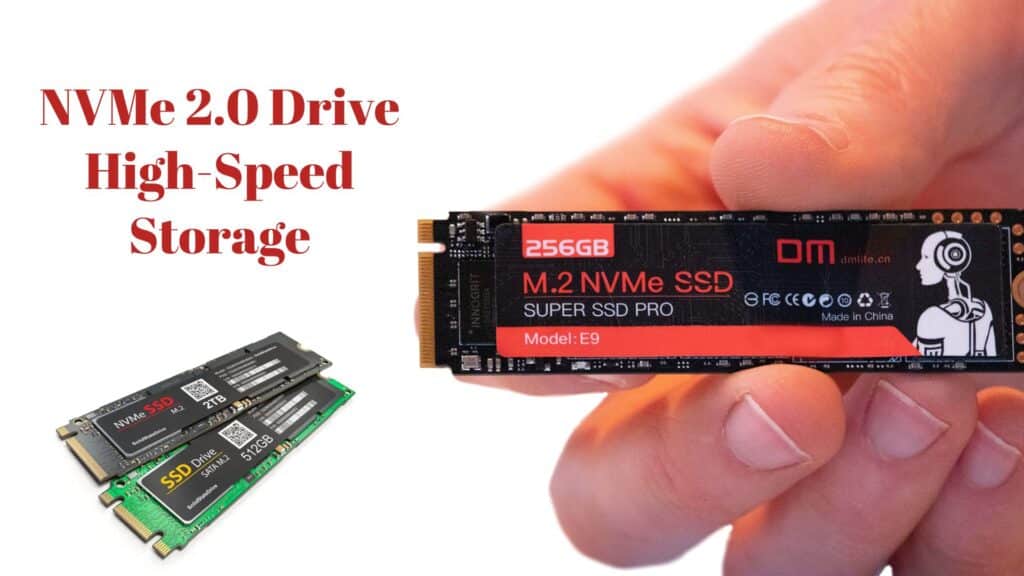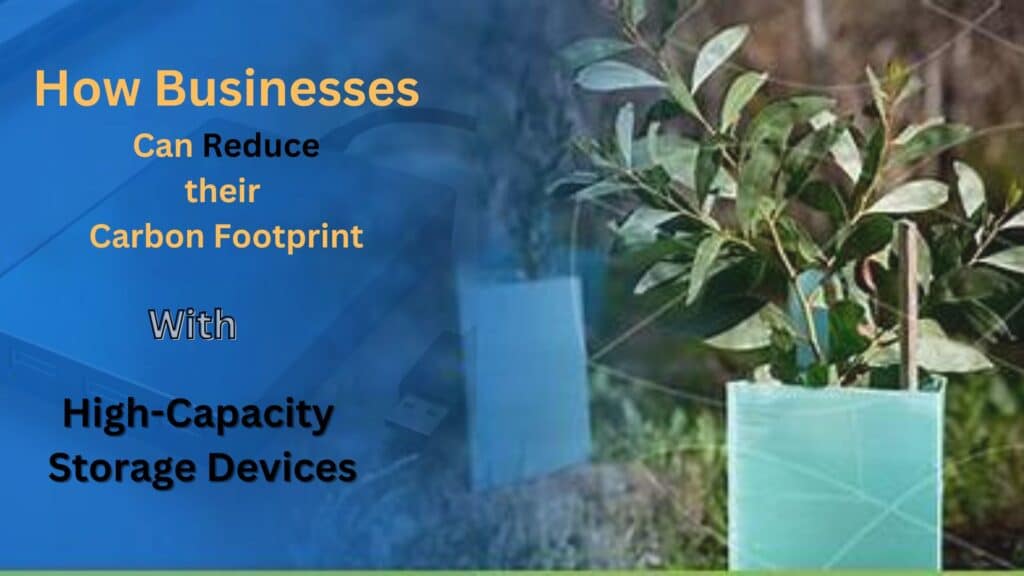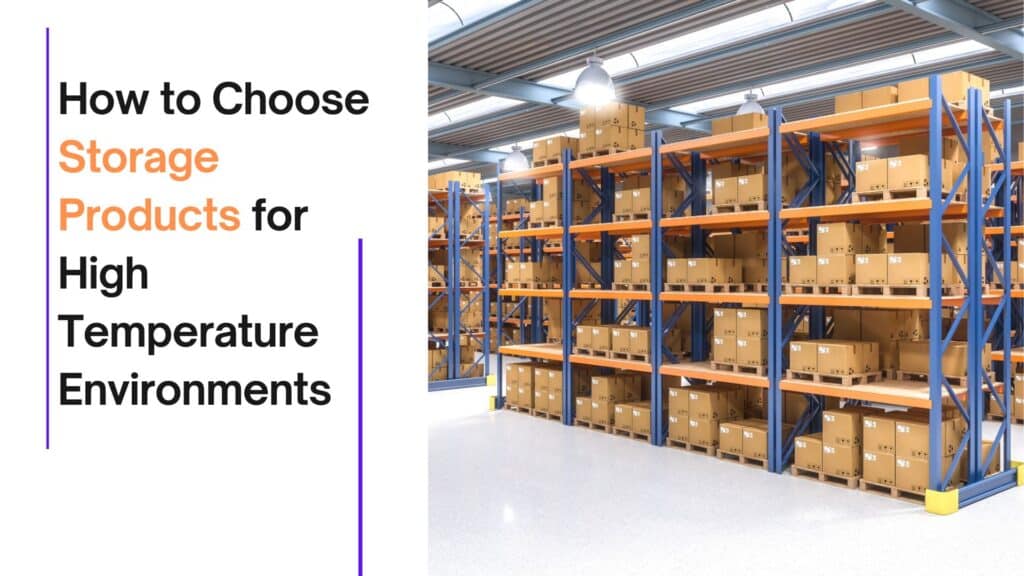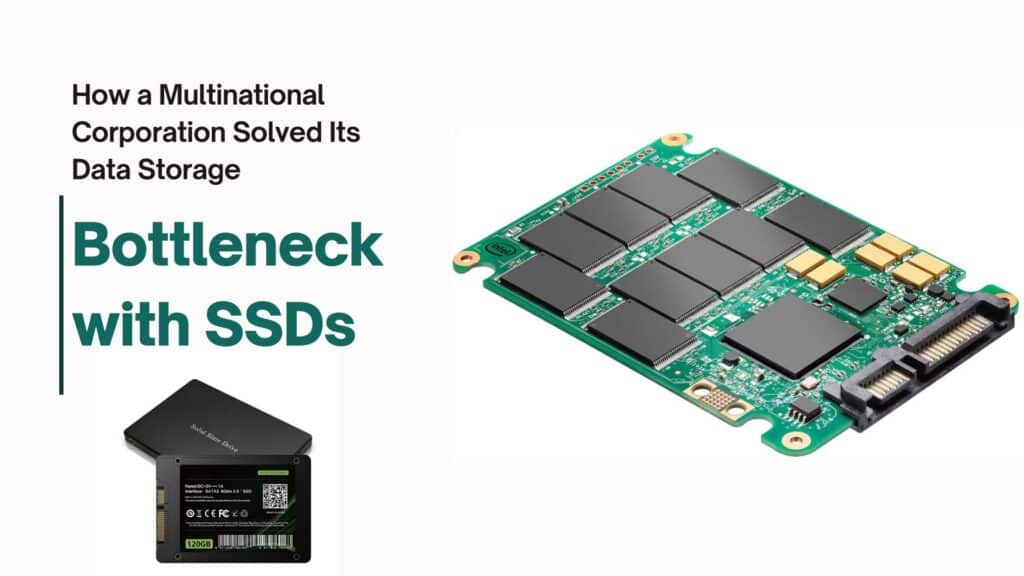How Enterprise Servers Benefit from NVMe Storage
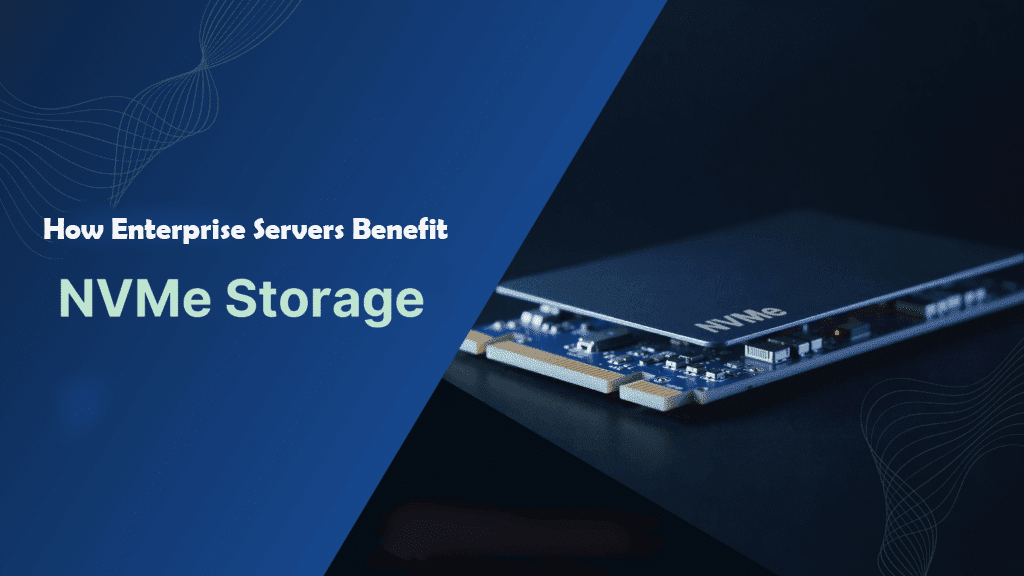
As enterprise computing evolves, businesses increasingly rely on high-performance storage solutions to handle massive data workloads. The shift from traditional SATA-based drives to NVMe Storage (Non-Volatile Memory Express) storage has revolutionized enterprise servers, delivering faster speeds, lower latency, and greater efficiency. Whether using an NVMe external SSD, an NVMe SSD external, or an NVMe SSD 1TB external, organizations benefit from improved scalability, reliability, and performance. This article explores how NVMe storage enhances enterprise server environments and why businesses should consider upgrading their storage infrastructure.
What Is NVMe Storage?
NVMe (Non-Volatile Memory Express) is a high-speed storage protocol designed to take full advantage of flash memory. Unlike traditional SATA or SAS interfaces, NVMe connects directly to the CPU via the PCIe (Peripheral Component Interconnect Express) bus, reducing latency and increasing data transfer speeds.
Enterprise servers leverage NVMe storage for mission-critical applications, big data analytics, machine learning, and cloud computing. Compared to SATA SSDs, NVMe drives offer superior performance, making them the preferred choice for enterprises that demand real-time processing and high-throughput workloads.
Why Enterprise Servers Need NVMe Storage
1. Faster Data Processing and Low Latency
One of the primary benefits of NVMe storage is its ability to deliver ultra-fast read and write speeds. While traditional HDDs and SATA SSDs struggle with latency, NVMe drives achieve significantly lower response times.
- A standard SATA SSD operates at speeds of around 500 MB/s.
- An NVMe external SSD can reach speeds of 3,000 MB/s or higher, drastically reducing data access times.
For enterprise servers running database applications, AI workloads, or virtualized environments, these speed improvements translate into faster query execution, reduced downtime, and improved overall efficiency.
2. Improved Scalability for Enterprise Workloads
As businesses grow, so do their data storage needs. Enterprise servers must handle large volumes of data efficiently, making scalability a crucial factor in storage selection.
- NVMe SSD external drives allow businesses to scale their storage infrastructure dynamically.
- Unlike SATA-based storage, which struggles with higher workloads, NVMe drives offer better queue depth, enabling multiple simultaneous requests without bottlenecks.
- NVMe storage solutions can be integrated into high-performance computing (HPC) clusters, ensuring seamless expansion as data demands increase.
This scalability is particularly beneficial for industries such as finance, healthcare, and cloud service providers that require consistent and reliable performance under heavy workloads.
3. Higher Reliability and Durability
Enterprise servers require robust storage solutions that can handle 24/7 operations with minimal risk of failure. NVMe SSD 1TB external drives offer superior durability compared to traditional HDDs and even SATA SSDs.
- NVMe drives have no moving parts, reducing the likelihood of mechanical failure.
- They use advanced error correction and wear-leveling technologies to prolong lifespan.
- Many enterprise-grade NVMe SSDs include power-loss protection and encryption features for added security.
By integrating NVMe storage, businesses can minimize downtime, reduce maintenance costs, and ensure data integrity.
4. Enhanced Virtualization and Cloud Performance
With the increasing adoption of virtualization and cloud computing, enterprise servers require high-speed storage to support virtual machines (VMs) and cloud-based applications.
- NVMe drives improve VM boot times and reduce application load times.
- An NVMe external SSD can be used for cloud backups and disaster recovery, ensuring fast data restoration.
- NVMe storage supports high IOPS (Input/Output Operations Per Second), making it ideal for virtual desktop infrastructure (VDI) and cloud-based services.
Organizations running multiple VMs or cloud-hosted applications benefit from the superior speed and reliability of NVMe storage, improving overall IT efficiency.
5. Energy Efficiency and Cost Savings
Data centers and enterprise servers consume significant amounts of energy, making power efficiency a key consideration.
- NVMe SSDs use less power than traditional HDDs, leading to lower cooling and electricity costs.
- The efficiency of NVMe storage reduces heat output, which prolongs hardware lifespan.
- Deploying NVMe SSD 1TB external drives for backup storage allows businesses to optimize energy usage while maintaining high-speed data access.
By investing in NVMe storage, enterprises can lower operational costs while maintaining top-tier performance.
Use Cases for NVMe Storage in Enterprise Servers
1. Database Management and Big Data Analytics
Businesses that rely on databases—such as MySQL, PostgreSQL, or Oracle—benefit from NVMe storage’s high-speed data access.
- Faster query execution and indexing.
- Improved transaction processing for financial institutions.
- Enhanced performance for real-time analytics and data warehousing.
2. AI and Machine Learning
AI-driven applications require massive amounts of data processing. NVMe storage accelerates AI workloads by reducing data retrieval times.
- Training deep learning models faster.
- Running predictive analytics with minimal delay.
- Handling large datasets for scientific computing.
3. Video Editing and Content Creation
Media production teams working with 4K and 8K video require high-speed storage to manage large files.
- NVMe SSD external storage provides quick access to raw footage.
- Reduced rendering and exporting times for professional video editing.
- Seamless workflow for photographers, designers, and video creators.
4. Cloud Computing and Virtualization
Cloud service providers and enterprises hosting virtual machines rely on NVMe storage for performance and scalability.
- Improved VM boot times and live migrations.
- Reduced latency in cloud-hosted applications.
- Efficient workload distribution across multiple virtual instances.
Choosing the Right NVMe SSD for Enterprise Servers
When selecting an NVMe SSD for enterprise use, consider the following factors:
1. Capacity
- Choose an NVMe SSD 1TB external for backups or additional storage.
- Opt for multi-terabyte NVMe solutions for high-performance servers.
2. Endurance and Reliability
- Look for SSDs with high TBW (Terabytes Written) ratings.
- Consider enterprise-grade NVMe SSDs with power-loss protection.
3. Interface and Compatibility
- Ensure your server supports PCIe Gen 4 or Gen 5 for maximum speed.
- Check compatibility with NVMe U.2, M.2, or EDSFF form factors.
Future of NVMe Storage in Enterprise Servers
The adoption of NVMe storage is set to increase as businesses prioritize speed, efficiency, and scalability. Future advancements include:
- PCIe 5.0 and Beyond: Higher bandwidth and lower latency for next-gen enterprise applications.
- NVMe over Fabrics (NVMe-oF): Enabling ultra-fast remote storage access for cloud and data center environments.
- AI-Powered Storage Management: Automating data caching and predictive maintenance for improved performance.
As technology advances, NVMe storage will continue to redefine enterprise computing, offering unparalleled speed and efficiency.
Conclusion
NVMe storage is revolutionizing enterprise servers by providing faster data processing, scalability, reliability, and energy efficiency. Whether using an NVMe external SSD, an NVMe SSD external, or an NVMe SSD 1TB external, businesses gain significant advantages in performance and cost savings.
From big data analytics and AI workloads to cloud computing and virtualization, NVMe storage is the future of enterprise IT. Investing in high-performance NVMe solutions ensures businesses stay competitive in an increasingly data-driven world. If your enterprise is still relying on traditional HDDs or SATA SSDs, upgrading to NVMe is the next step toward optimizing efficiency and productivity.


